Social
Operations and Finances for a Novel Patient Income Program
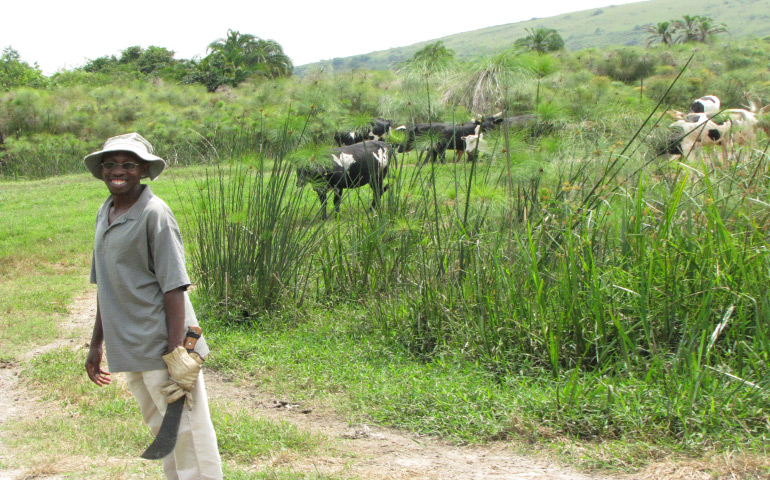
SHIP aimed to help patients adhere to treatment and stay healthy by providing practical training in small business entrepreneurship and startup materials to launch household businesses. IN 2010, SHIP enlisted another team of MIT students to assess the feasibility of building a central lemongrass distillery, analyze other household income-generating activities, and recommend a governance structure for […] Read more
Taking on Obstacles at the Frontier of Service Delivery
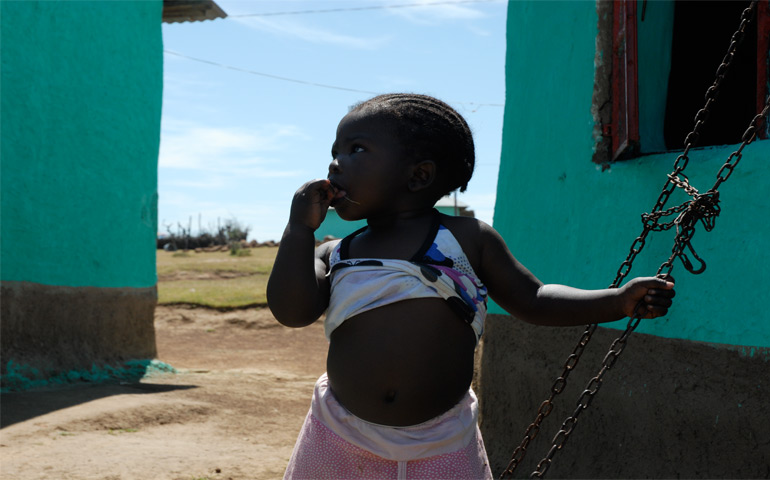
Mass Development Association of Dar es Salaam (MAdeA) helped victims of domestic violence and sexual assault through prevention, education, microloan, and training programs. Read more
Deploying Technology to Promote Health Commodities
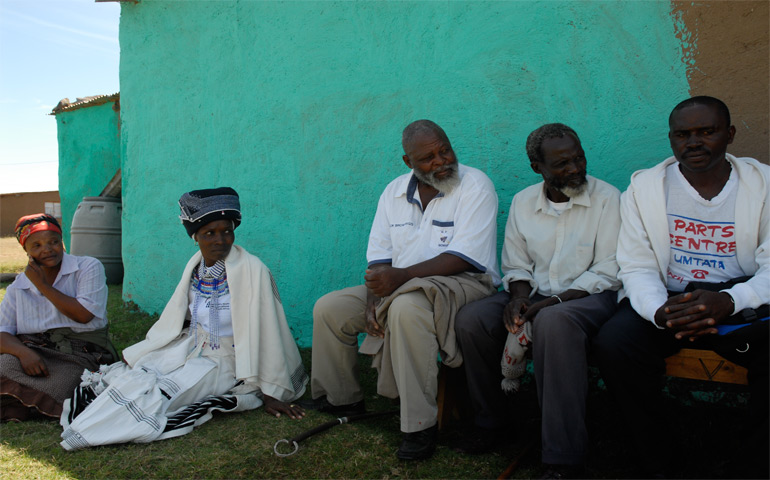
Mennonite Economic Development Associates (MEDA) is an association of business people that invests in the working poor through microfinance loans to entrepreneurs, investment in start-up businesses, a service that links small-scale producers with markets, and an advising network. Read more
Innovating Income Strategies for Long-Term Patients
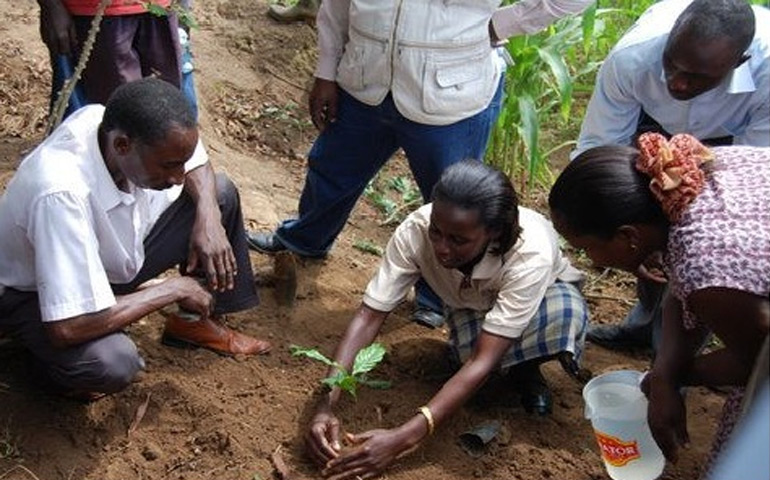
Through an innovative collaboration, the Sustainable Household Income Project (SHIP) drew on Mbarara University of Science and Technology, Massachusetts General Hospital, and Harvard University, among others, to provide support to low-income patients affiliated with the Family Treatment Fund and Immune Suppression Syndrome Clinic in the rural environs of Mbarara, Uganda. SHIP aimed to help patients adhere to treatment and stay healthy by providing practical training in small business entrepreneurship and startup materials to launch household businesses. Read more
Countrywide Logistics Dashboarding for Health Commodities
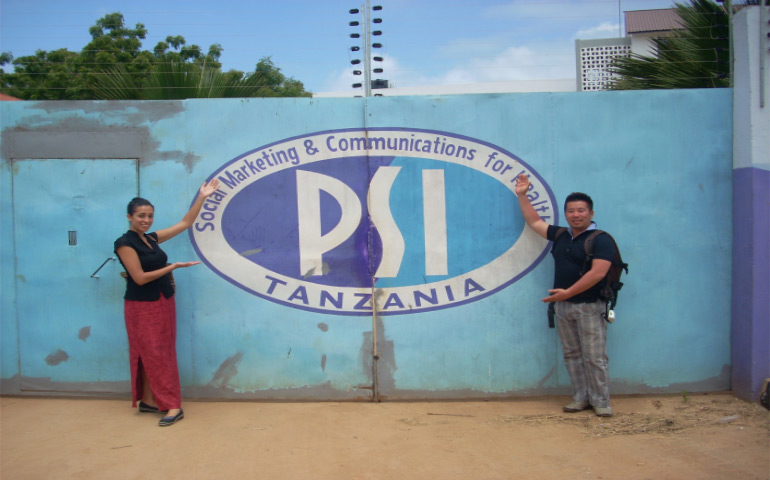
A locally-registered non-governmental organization affiliated with Population Services International, PSI Tanzania was committed to improving the health of vulnerable groups in Tanzania by promoting healthy behavior and delivering quality affordable health products through social marketing. Read more
Financial Sustainability for an HIV Program in Tanzania
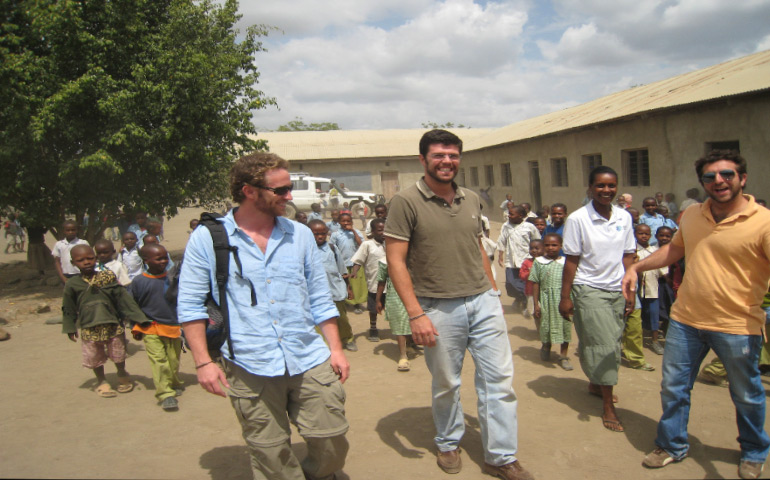
Support for International Change (SIC) aimed to limit the impact of HIV/AIDS in underserved communities and to train future leaders in global health and development. Read more
Expansion Options and Strategy for an HIV Program
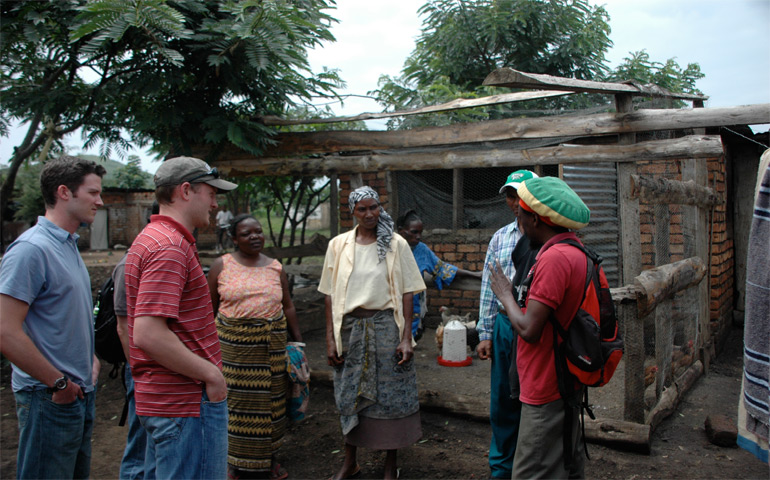
Support for International Change (SIC) aimed to limit the impact of HIV/AIDS in underserved communities and to train future leaders in global health and development. Read more
Leveraging Research and Date for Thought Leadership
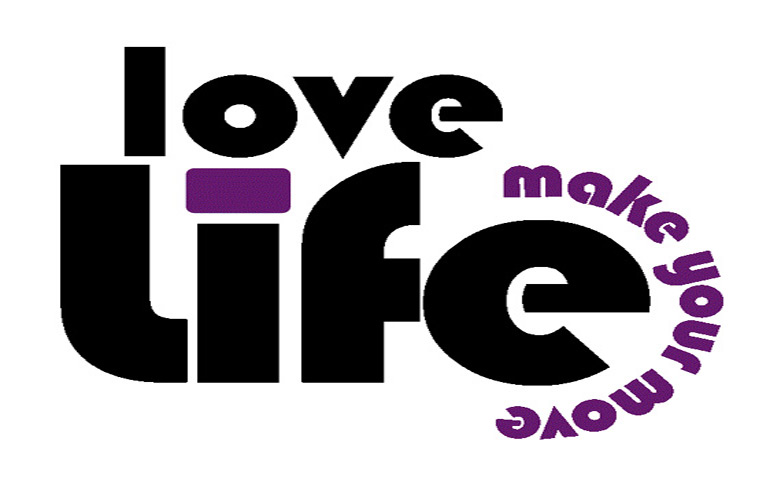
loveLife is South Africa’s national HIV prevention initiative for young people ages 12-24. With a network of programs that extended to 900 sites across nine provinces, the nonprofit melded behavior change with clinical services through youth-friendly programs and, in less than a decade, had become an essential part of South African life. Read more
Optimizing Materials Distribution to Reach Underserved Youth
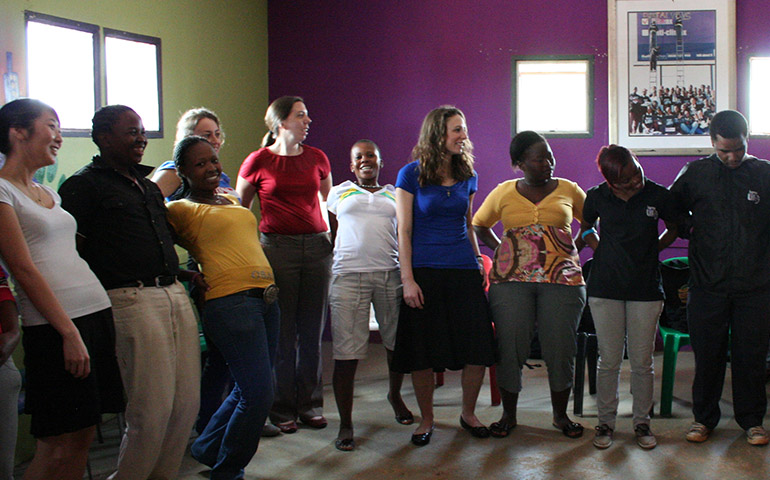
loveLife is South Africa’s national HIV prevention initiative for young people ages 12-24. With a network of programs that extended to 900 sites across nine provinces, the nonprofit melded behavior change with clinical services through youth-friendly programs and, in less than a decade, had become an essential part of South African life. Read more
Feasibility of a Plan for Chronic Patients to Generate Income
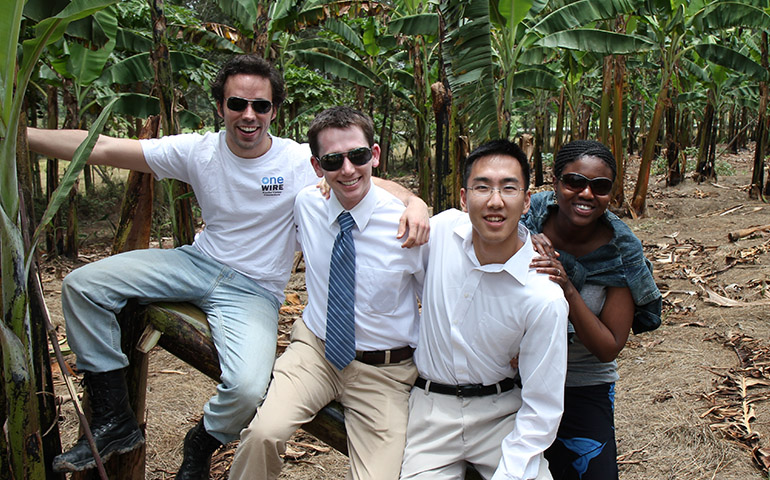
Through an innovative collaboration, the Sustainable Household Income Project (SHIP) drew on Mbarara University of Science and Technology, Massachusetts General Hospital, and Harvard University, among others, to provide support to low-income patients affiliated with the Family Treatment Fund and Immune Suppression Syndrome Clinic in the rural environs of Mbarara, Uganda. SHIP aimed to help patients adhere to treatment and stay healthy by providing practical training in small business entrepreneurship and startup materials to launch household businesses. Read more
Improving Health Outcomes through Microenterprise
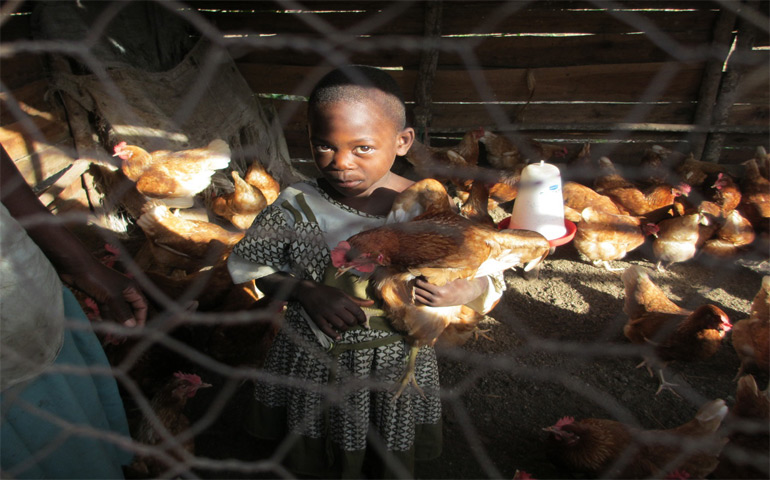
Through an innovative collaboration, the Sustainable Household Income Project (SHIP) drew on Mbarara University of Science and Technology, Massachusetts General Hospital, and Harvard University, among others, to provide support to low-income patients affiliated with the Family Treatment Fund and Immune Suppression Syndrome Clinic in the rural environs of Mbarara, Uganda. SHIP aimed to help patients adhere to treatment and stay healthy by providing practical training in small business entrepreneurship and startup materials to launch household businesses. Read more
Leveraging an Energy Business for Health in Mozambique
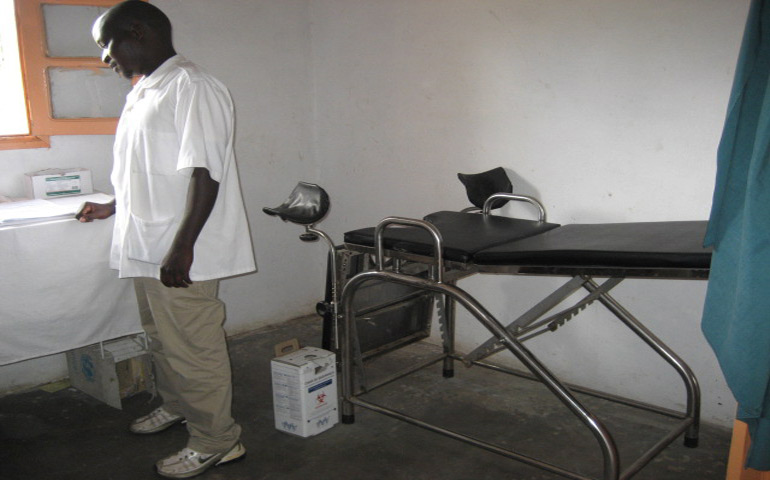
VillageReach is a non-profit dedicated to increasing healthcare access and quality for remote, underserved communities. Having seen government-run rural health clinics hampered by a lack of electricity, VillageReach founders formed VidaGas in partnership with two other investors. This for-profit business provided liquid propane gas in northern Mozambique, where few had access to such fuels, and its initial customers included rural clinics in need of a reliable source of energy to keep vaccines cold and illuminate birthing areas in the night. Read more
Combining Soccer and SMS to Improve Health Outcomes
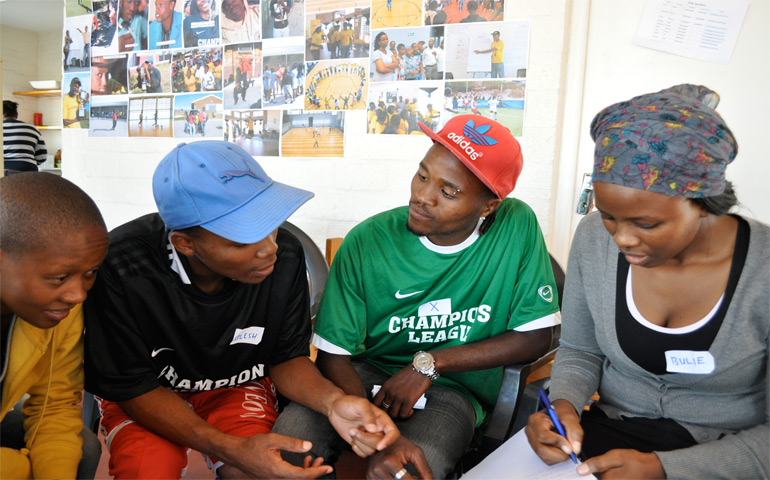
Grassroot Soccer (GRS) was founded 2002 in Zimbabwe by former professional soccer players who saw the devastation of AIDS and sought to use soccer as an HIV prevention tool with programs designed to educate, inspire, and mobilize communities to fight the spread of HIV/AIDS. By 2012 GRS and its partners provided health and prevention education in schools and on soccer fields to roughly 100,000 youth aged 11-25 annually. Read more
